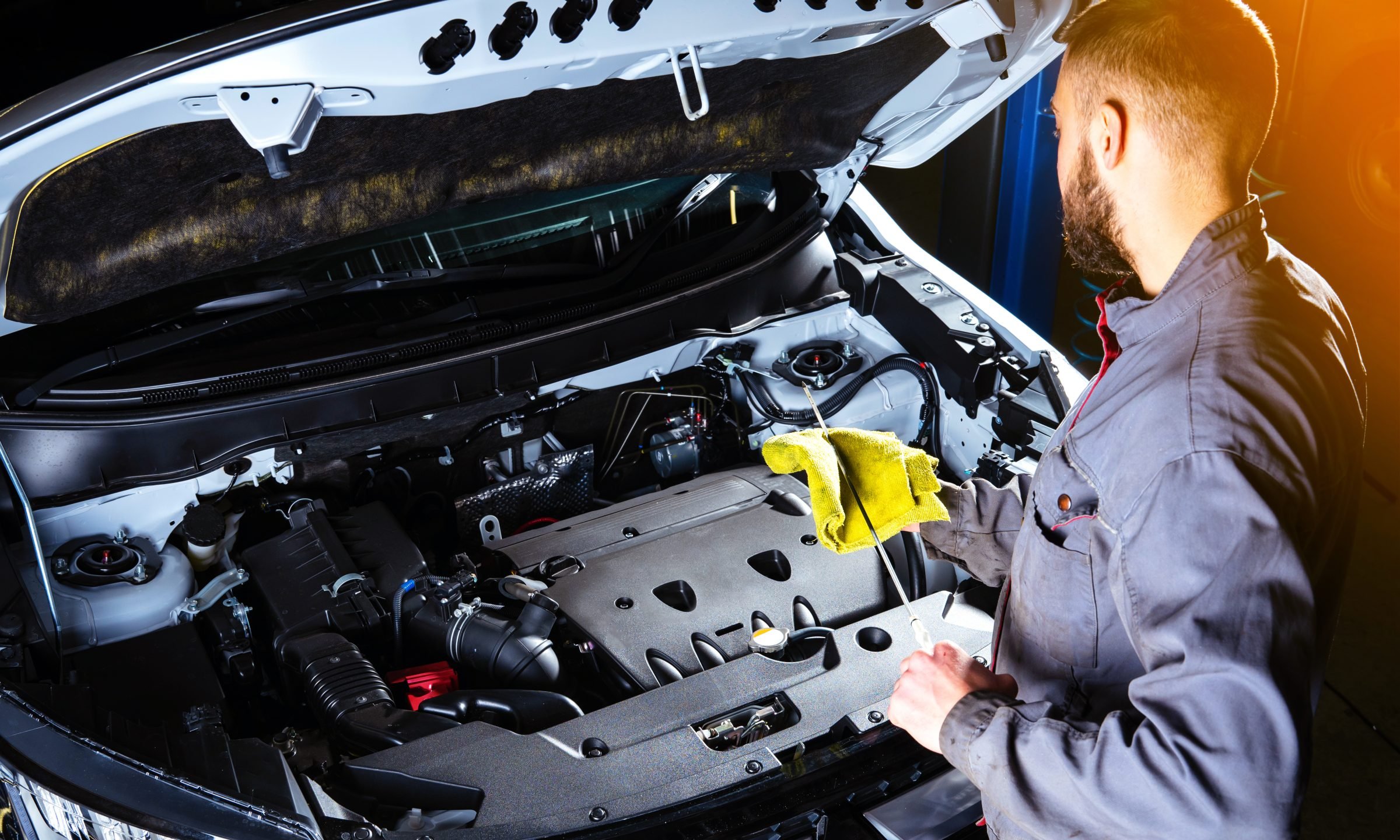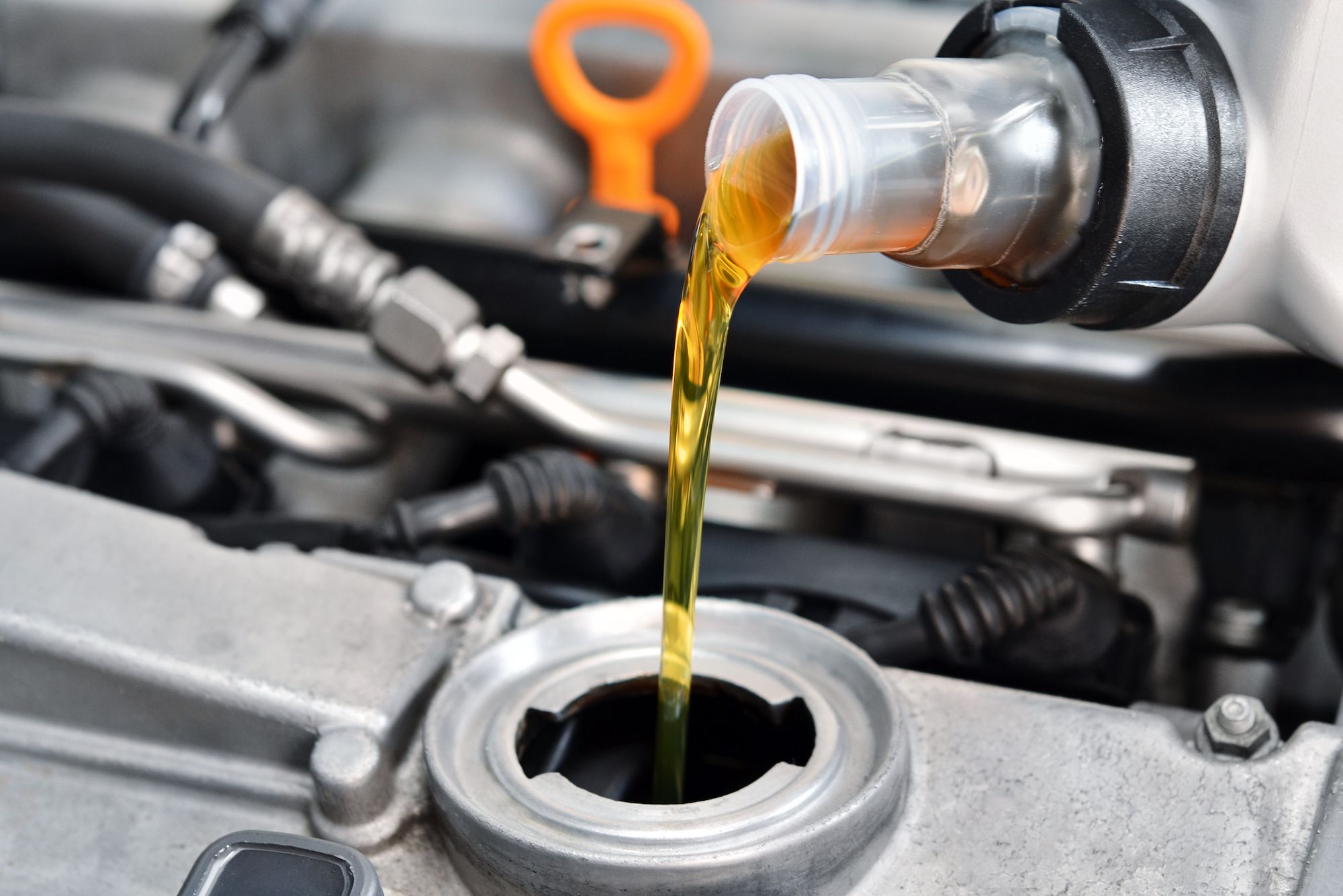All Categories
Featured

Modern lorries are equipped with innovative engine control units (ECUs) that keep an eye on and manage different parts of the engine. Engine diagnostics is a powerful device that permits mechanics to determine concerns early, helping avoid significant repair services and making sure the longevity of your vehicle.
- What Are Engine Diagnostics? Engine diagnostics refer to the process of utilizing specialized tools to examine the performance and monitor of an automobile's engine. The analysis system within a vehicle accumulates data from sensing units situated throughout the engine and various other important elements, such as the gas, exhaust, and transmission system. This information is after that processed by the lorry's onboard computer system, which can detect malfunctions or abnormalities.
Auto mechanics can connect an analysis tool, commonly an OBD-II (Onboard Diagnostics) scanner, to your auto's ECU to get error codes and real-time information. These codes show details locations where the engine or various other components may be experiencing problems, also before warning lights or performance adjustments are recognizable to the chauffeur.
- Recognizing Troubles Early. One of the most substantial benefits of engine diagnostics is the capacity to determine issues early, commonly before they intensify right into major concerns. Little issues, such as a misfiring ignition system, a malfunctioning sensing unit, or an inefficient gas injector, can progressively worsen if left untreated. However, with very early detection via engine diagnostics, mechanics can attend to these minor concerns before they create substantial damage.
As an example, if a sensing unit finds that the engine is running abundant or also lean (too much or too little gas), this might result in boosted endure engine parts or inadequate fuel performance. By detecting this early, the mechanic can adjust the air-fuel mix, avoiding costly repairs later.
- Stopping Engine Damages. Over time, issues with the engine's elements, such as the timing belt, exhaust system, or cooling system, can cause extreme damages if not attended to promptly. An overheating engine due to a stopping working radiator or water pump can create substantial interior damages, such as distorted cylinder heads or a blown gasket. Diagnosing problems early through the engine diagnostics system can prevent these scenarios from proceeding to catastrophic engine failing.
The analysis system can likewise spot issues with the exhaust system, such as a malfunctioning catalytic converter, which can result in inadequate engine performance and ultimate engine damages if not repaired.
- Decreasing Repair Work Costs. By recognizing and attending to small concerns early, engine diagnostics can save you significant money on repair work. When troubles are caught early, repair work tend to be less complex and more budget friendly. Replacing a damaged oxygen sensor or cleansing a clogged fuel injector is fairly low-cost contrasted to replacing a whole engine due to disregard.
In addition, engine diagnostics aid stop unnecessary fixings by pinpointing the specific reason for the problem. Without diagnostics, technicians might need to carry out substantial screening and trial-and-error methods to identify the concern, which can enhance both time and expense.

- Improving Automobile Efficiency and Effectiveness. Another advantage of regular engine diagnostics is that it assists boost your vehicle's performance and gas performance. If the engine is running smoothly and all systems are working efficiently, you will experience far better acceleration, smoother driving, and boosted gas economic situation. Engine diagnostics can expose issues such as a blocked air filter, a malfunctioning mass airflow sensing unit, or a worn-out ignition system that might hinder your auto's performance.
As an example, a malfunctioning thermostat might cause your engine to get too hot or otherwise reach its ideal operating temperature. A diagnostic check will aid recognize this issue early, protecting against getting too hot and guaranteeing your vehicle runs at its ideal.
- Why Regular Diagnostics Matter. While lots of motorists might believe of engine diagnostics as something to do only when the "check engine" light shows up, normal diagnostics must become part of routine car maintenance. Several auto repair work stores and dealers use diagnostic checks as part of an annual service or tune-up. Routine diagnostic scans assist catch concerns before they trigger noticeable signs and symptoms or break downs, ultimately stopping major repair services down the roadway.
It is also worth keeping in mind that if you're planning to market or trade-in your automobile, having a current engine analysis record can be beneficial. Prospective buyers or dealerships might be more inclined to use a greater trade-in value or purchase rate if they understand the lorry has actually been cost-free and well-maintained of significant engine concerns.
- Final thought. Engine diagnostics play an essential function in keeping your automobile running efficiently and staying clear of pricey repairs. By determining concerns early, preventing engine damages, minimizing repair expenses, and boosting performance, engine diagnostics guarantee your car continues to be trustworthy for several years ahead. Regular diagnostic checks as part of your car's regular maintenance will certainly help you capture little issues prior to they become significant fixings, giving you tranquility of mind when traveling and shielding your financial investment.
Latest Posts
Exactly How Can I Prepare My Home for a Fence Installation?
Published Dec 22, 24
0 min read
Indicators You Need CV Shaft or Joint Repair Works
Published Dec 22, 24
1 min read
Why Mitsubishi Offers the Best Warranty in the Automotive Industry
Published Dec 22, 24
1 min read